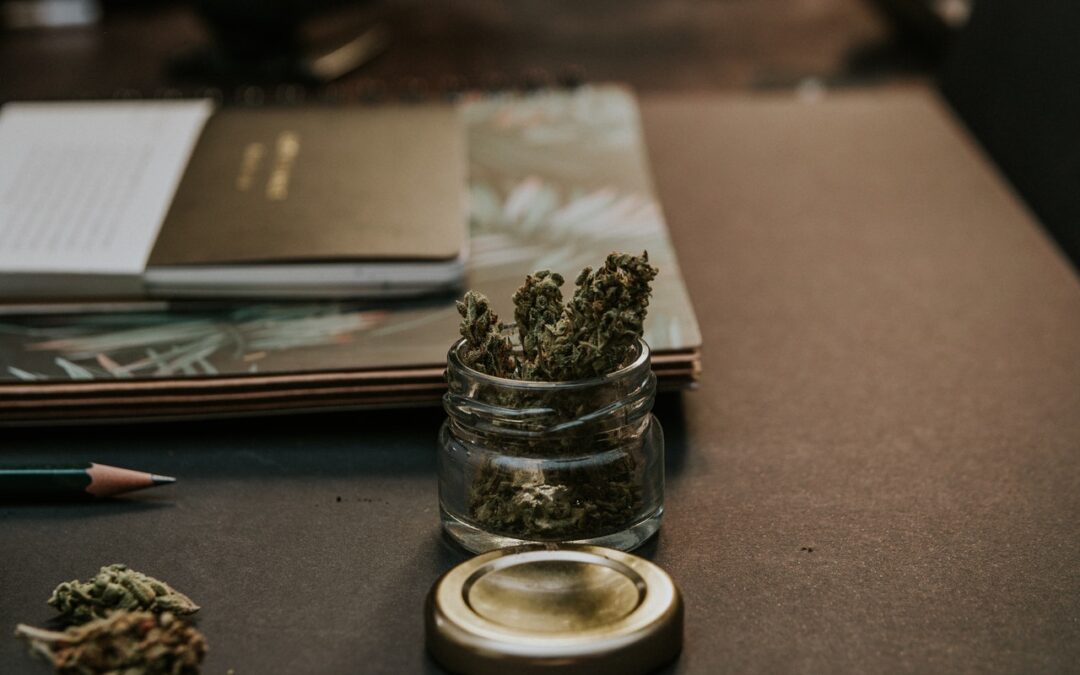
by The Children's Treatment Center | May 12, 2017 | General
With the relaxing of possession laws in states like Colorado and Washington, and the legalization of medical marijuana in other states, parents have begun worrying more than ever about the availability of cannabis (also known as weed, pot, grass, marijuana) and...


